Africa
Africa’s North Korea
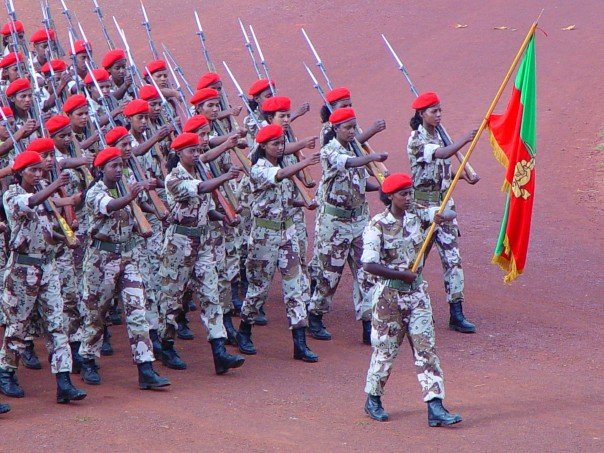
Image: Wikipedia.org
Africa’s North Korea
Eritrea is a tiny country sitting on the coast of the Red Sea on the Horn of Africa. It’s also a relatively new nation, having achieved independence from Ethiopia in 1993. Though the country was in ruins following a 30-year struggle for autonomy, the Eritreans living through the birth of their nation hoped that the future would lead to a new era of freedom and prosperity. Instead, the intervening 23 years have led to a dictatorship where personal liberties are so restricted that many have described Eritrea as “Africa’s North Korea”.
The comparison is in many ways an apt one. From the compulsory military service to the paranoid and aggressive posturing towards its southern neighbor, the parallels between this small African nation and the Hermit Kingdom are striking. For instance, North Korea is the only country ranked below Eritrea in terms of free press. In fact, Africa’s North Korea, like the DPRK, has no privately owned media outlets and foreign journalists are watched closely in the capital city of Asmara.
Eritrea is governed by the People’s Front For Democracy And Justice led by president Isaias Afwerki. The PFDJ took power following independence in 1993. Since then, there have been no new national elections. Though a new constitution promising a multi-party state was drafted in 1997, it has not been implemented and the PFDJ remains the only party allowed to organize in the country.
Though his portrait hangs in many shops and government buildings, Afwerki has avoided the creation of a Kim style cult of personality. Even so, Afwerki rules the nation with an iron fist. In Eritrea, any gathering of more than three people requires a special permit, and activities are closely monitored by the state police.
Much of Afwerki’s power rests on his exploitation of tension with Ethiopia.
The referendum which led to Eritrean independence left an air of simmering mutual hostility between the two nations. In response to this situation, Afwerki has presented himself as a liberator and the only person capable of preventing reconquest by Ethiopia.
In 1998, Afwerki launched an attack on Ethiopia, calculating that he could annex one of its northern provinces which he regarded as Eritrean territory. Though 100,000 soldiers and civilians would die on both sides of the border while thousands more were displaced, Afwereki’s bloody gamble didn’t pay off. The war lasted two years before finally being resolved in a negotiated settlement that saw little change in territory.
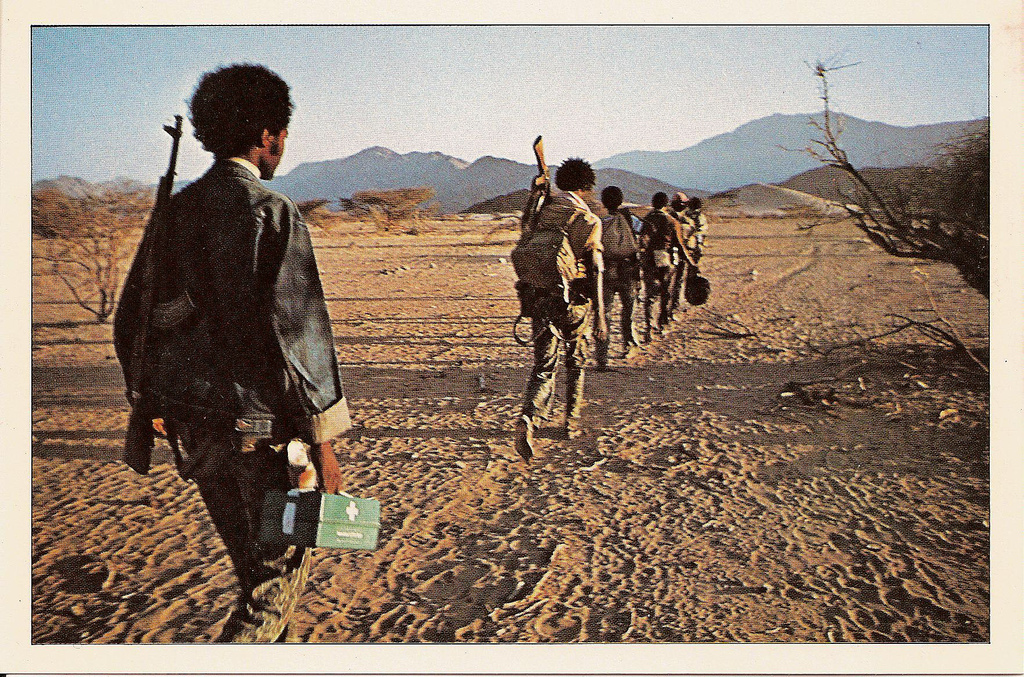
Image: Flickr
Since then Afwerki has done everything he can to dramatize the threat facing his nation, finding it a useful political tool. Nominally governed by a democratic legislature, Eritrea has not held even a local election since 2004, when Afwerki announced that all elections would be postponed until the provinces he still claimed represented Eritrean territory were recovered from Ethiopia.
On the same basis, military service is compulsory for all Eritreans under 50 years old. Though originally the length of service was less than two years, in 1998 the government declared service indefinite. Soldiers serve at the discretion of their commanders, providing labor building roads and other projects under conditions that many have likened to slavery.
A study conducted on fleeing Eritrean conscripts indicated that the average length of service was six years though some had served as many as twelve. Female conscripts report routine sexual abuse at the hands of commanders and other soldiers, with no legal recourse.
Many Eritreans seeking to avoid conscription have fled the country, and the UN has judged that anyone fleeing Africa’s North Korea has a right to request asylum.
Though sanctions have been levied against the country by the UN, there seems to be little impetus for change inside Eritrea. Those who campaign for freedom often find themselves imprisoned under horrible conditions. As things stand, it seems things seem unlikely to change anytime soon for the people of one of the world’s most oppressive dictatorships.

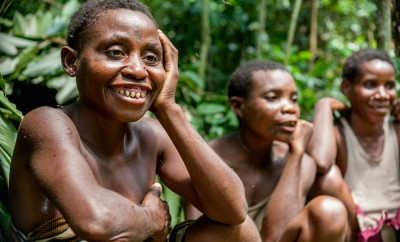
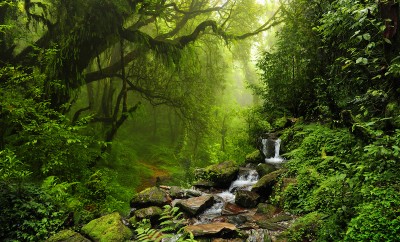
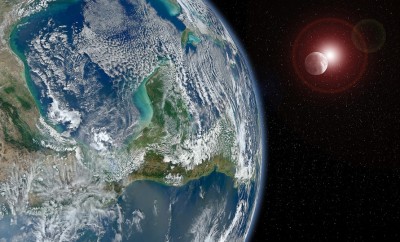

0 comments